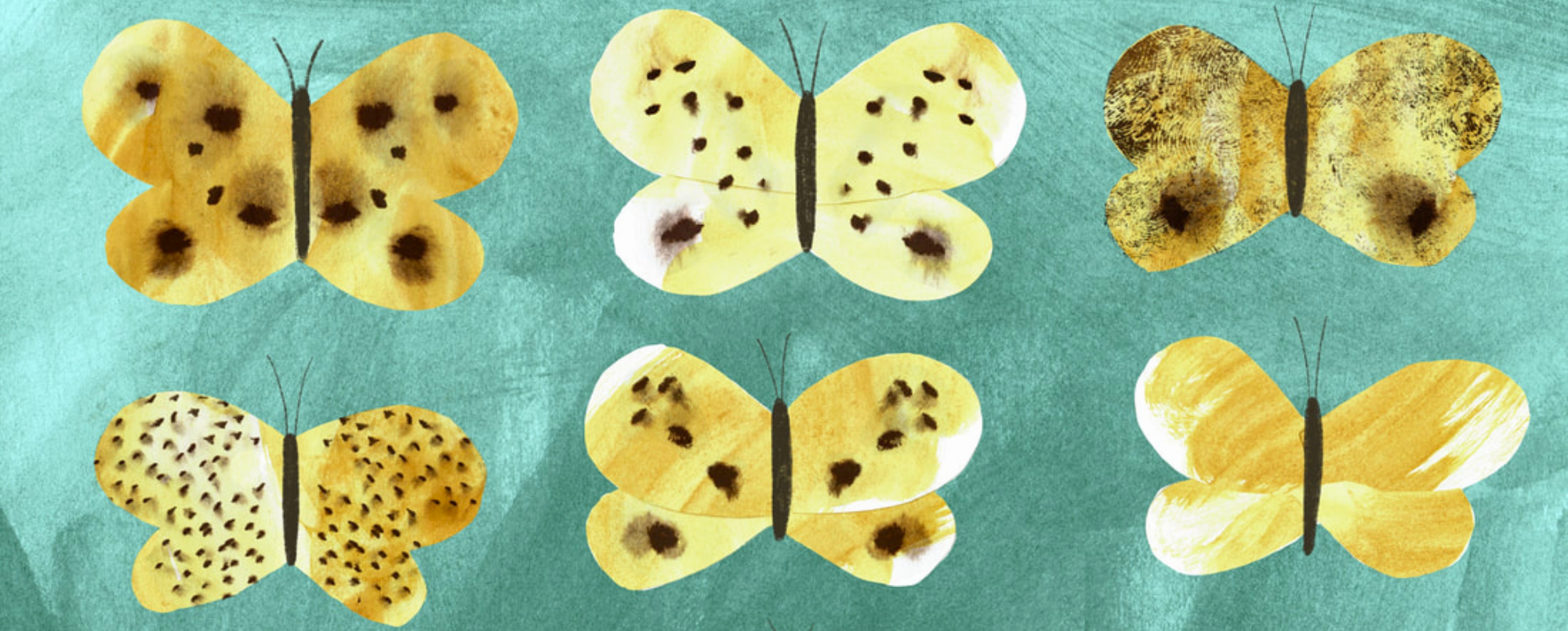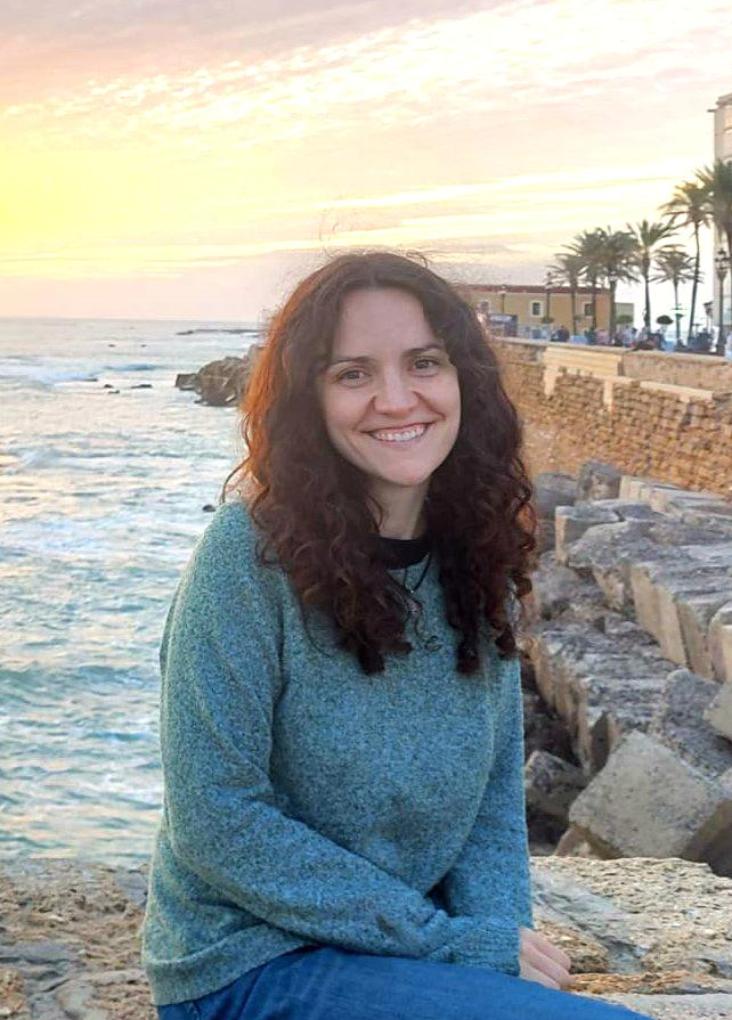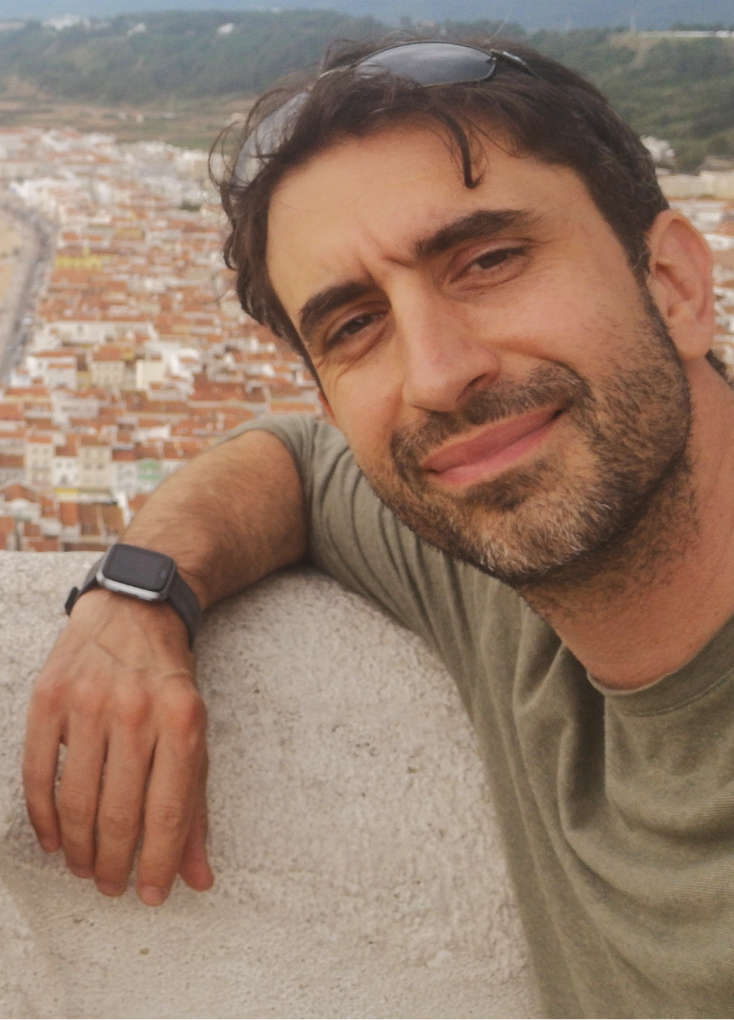Our research interests are centred around the processes that shape phenotypic and genetic variation, which are universal properties of biological systems and the raw material for evolutionary change.
Our research explores the environmental, genetic, and epigenetic mechanisms that contribute to phenotypic variation.
Towards this, we use two complementary experimental models, Drosophila melanogaster flies and Bicyclus anynana butterflies, and integrate concepts and approaches from different disciplines, including evolutionary biology, ecology, developmental biology, and genetics.
With CE3C, the group shares the integrative nature of its research programme, which combines disciplines and spans across levels of biological organisation and focuses on the interactions between organisms and their (changing) environments. Indeed, our research addresses two key research areas of CE3C’s scientific strategy: the understanding of evolutionary patterns and processes that shape biodiversity and adaptation to environmental change and linking evolutionary history, environment and physiology.
We plan to continue to focus on developmental plasticity, the phenomenon by which phenotype expression depends on the environmental conditions experienced during development. This plasticity offers a means for organisms to deal with environmental heterogeneity (e.g. seasonal variation) and can also impact the response of populations facing environmental perturbation.
We plan to study the effect of multifactorial environments (including combinations of multiple and highly dynamic environmental variables) on multidimensional phenotypes across genotypes (as responses might differ between traits and between genotypes), and to explore both its underlying molecular mechanisms (genetic, epigenetic, physiological) and its evolutionary consequences (as plasticity can both help or hinder immediate persistence and future adaptation of populations exposed to change).







